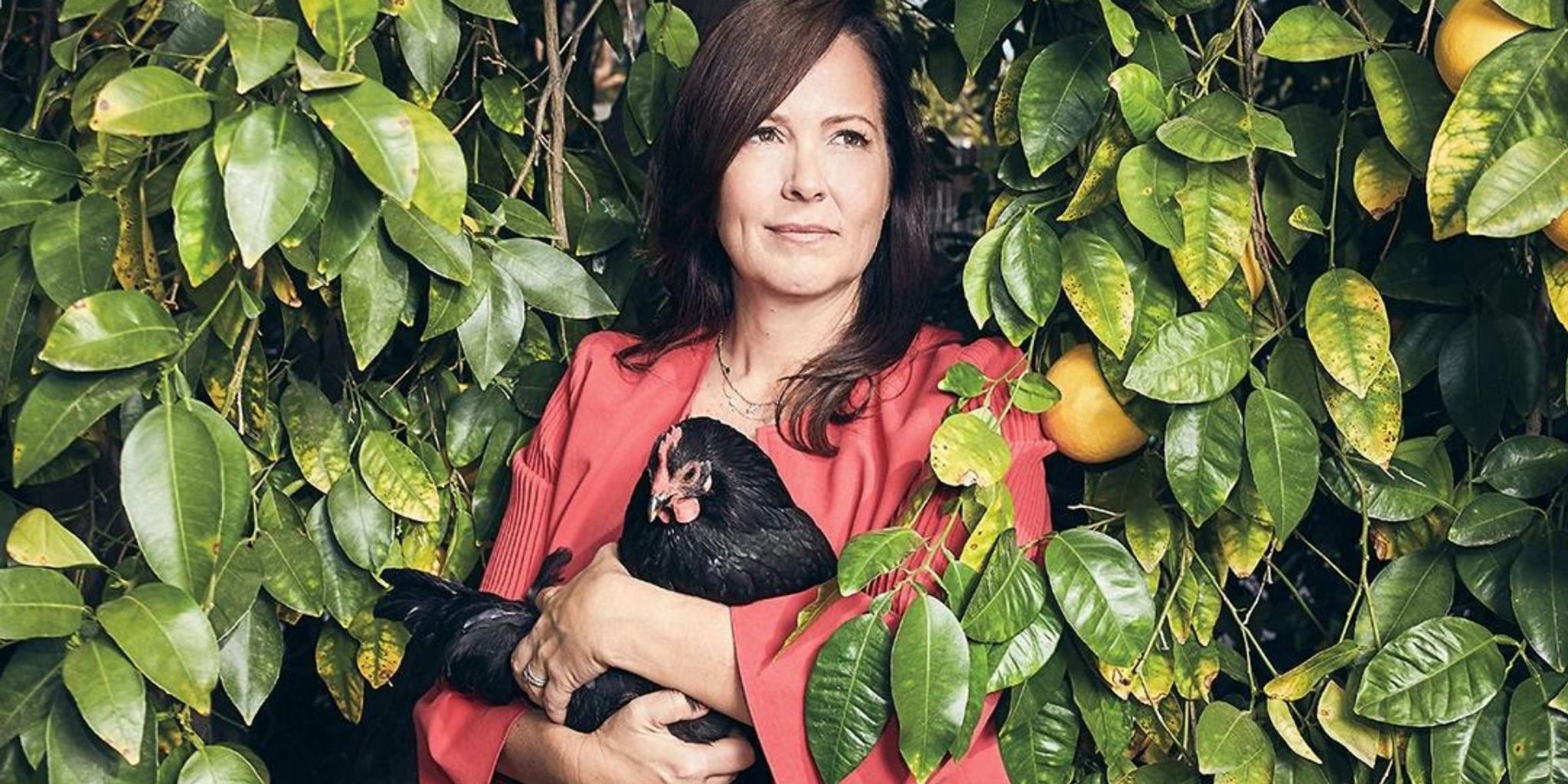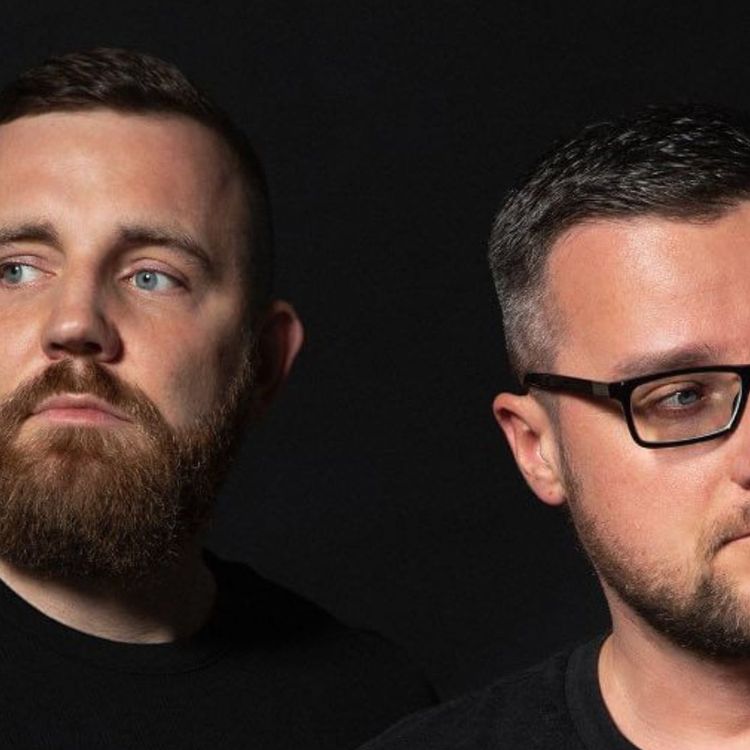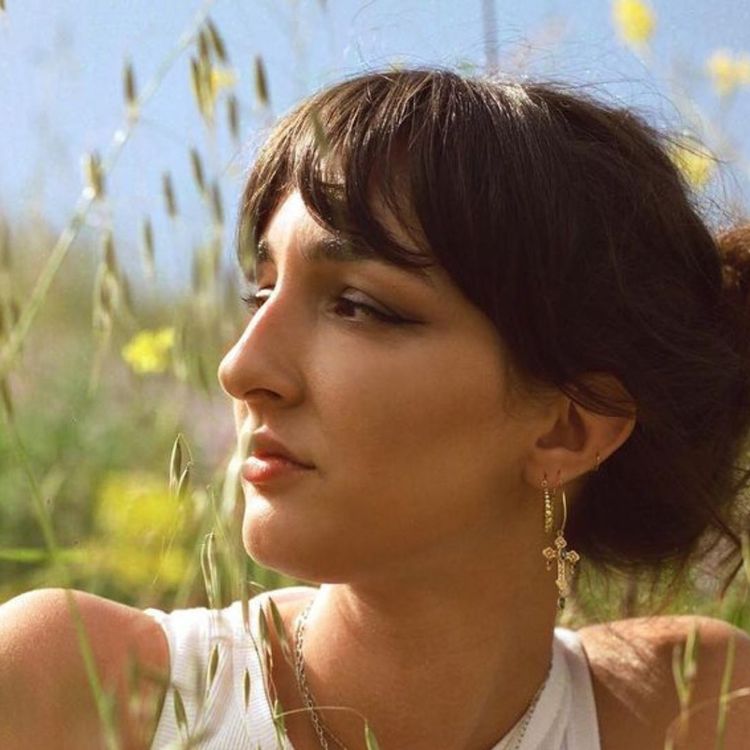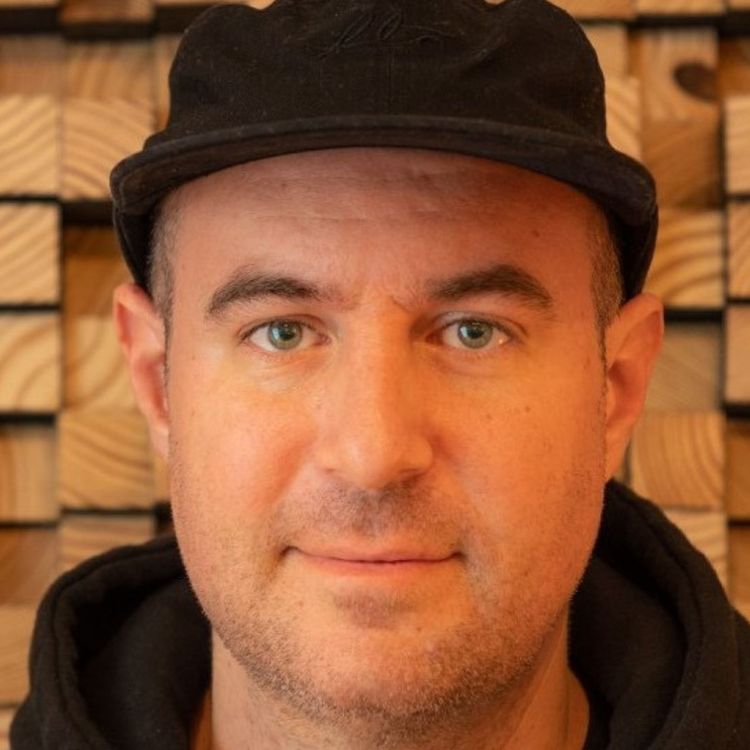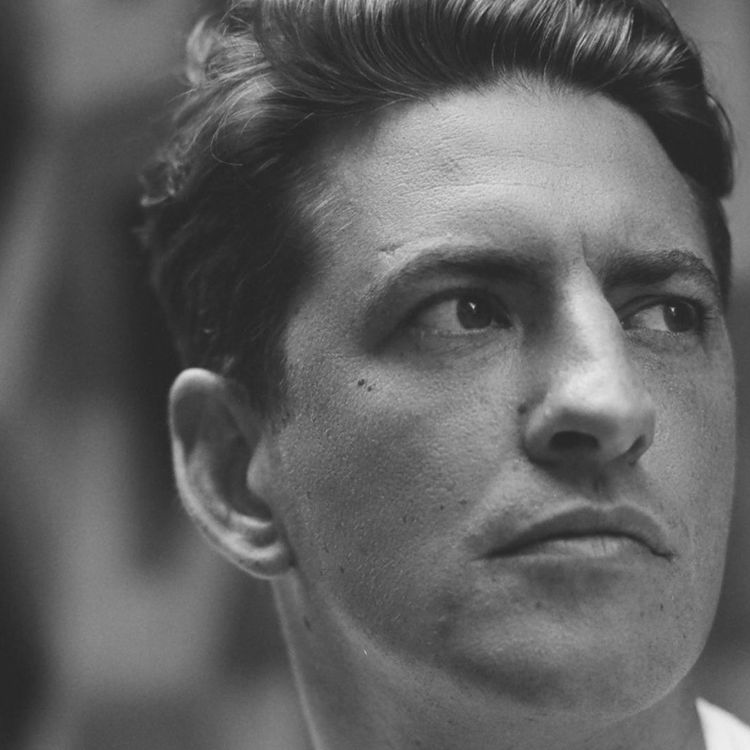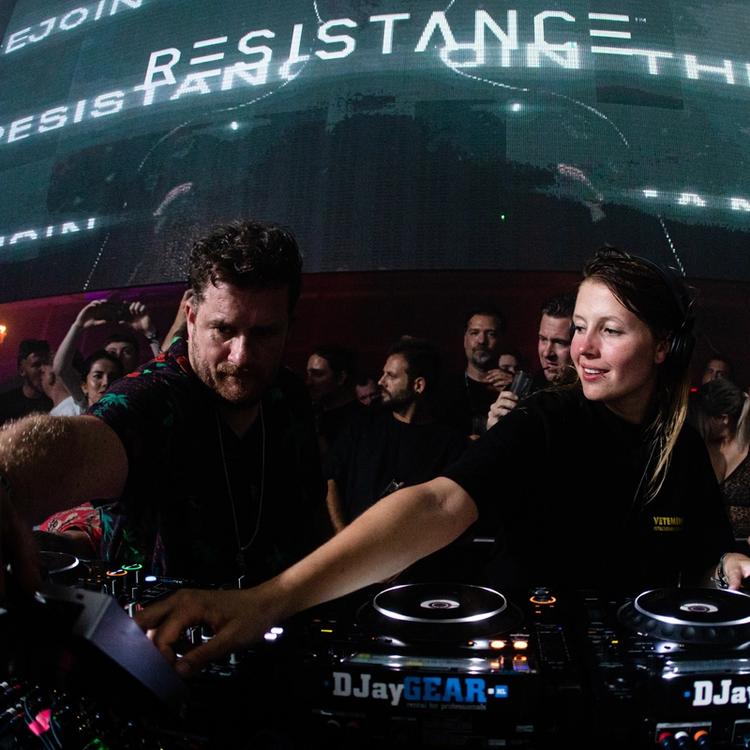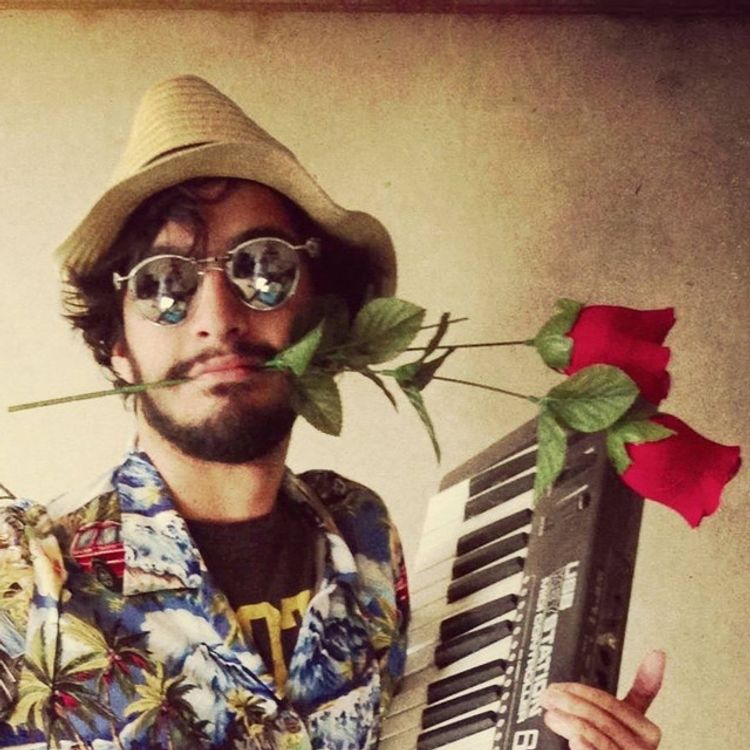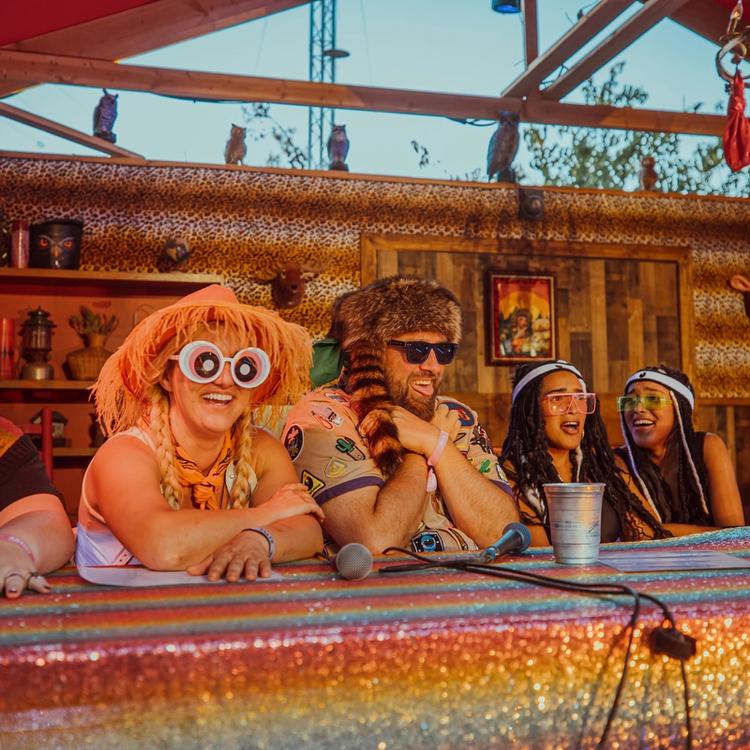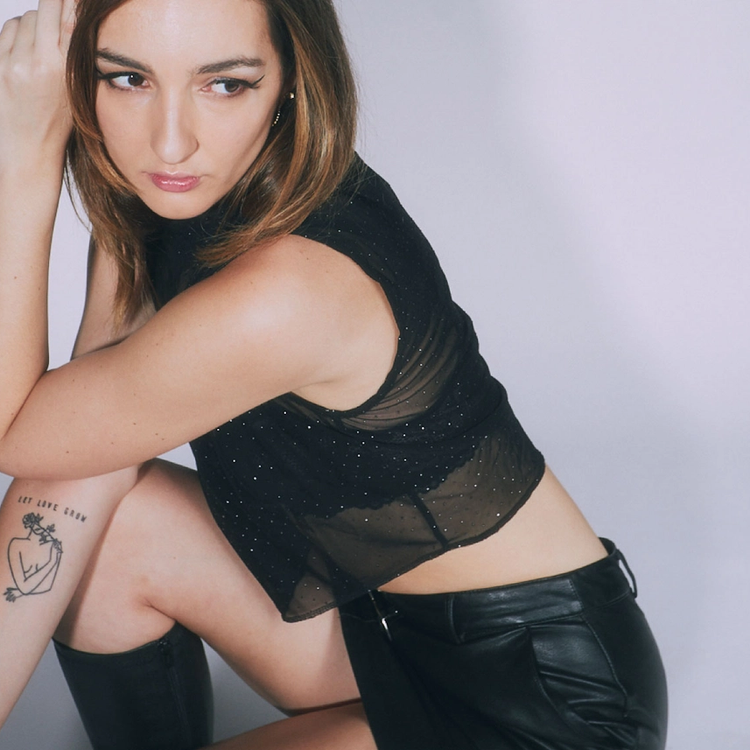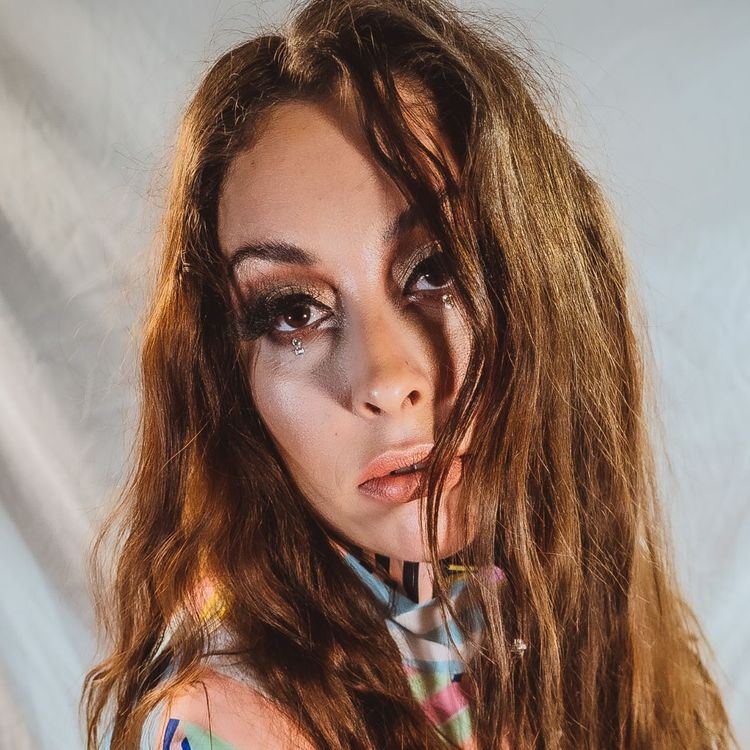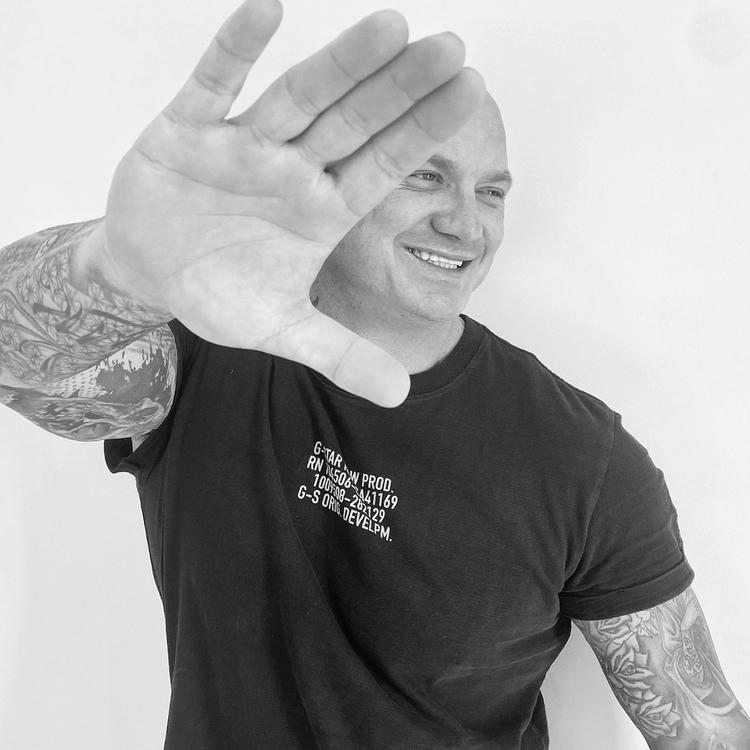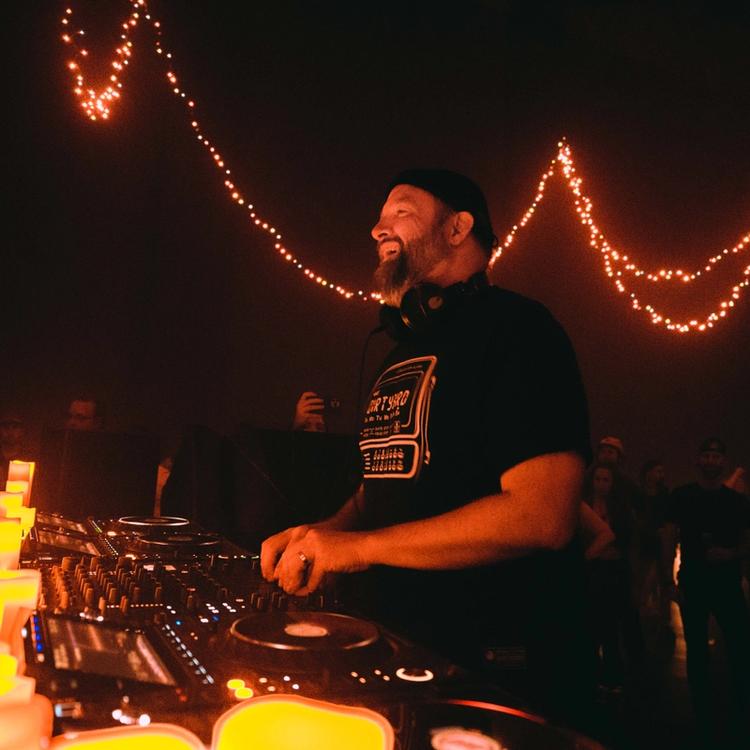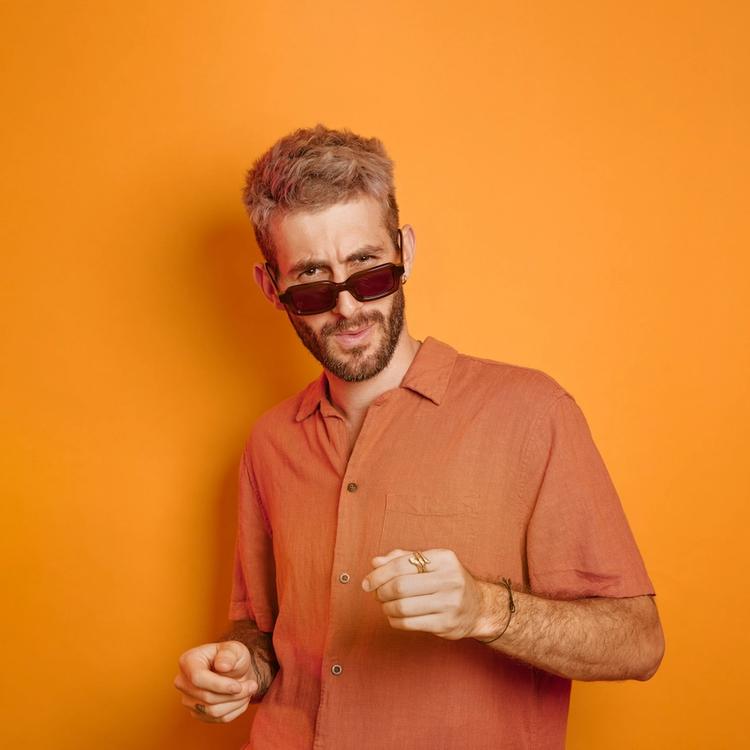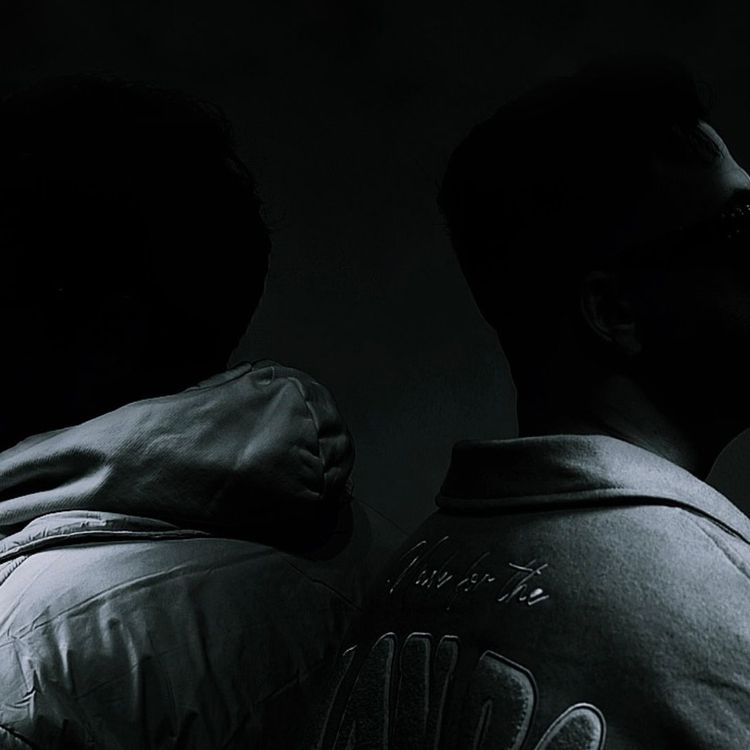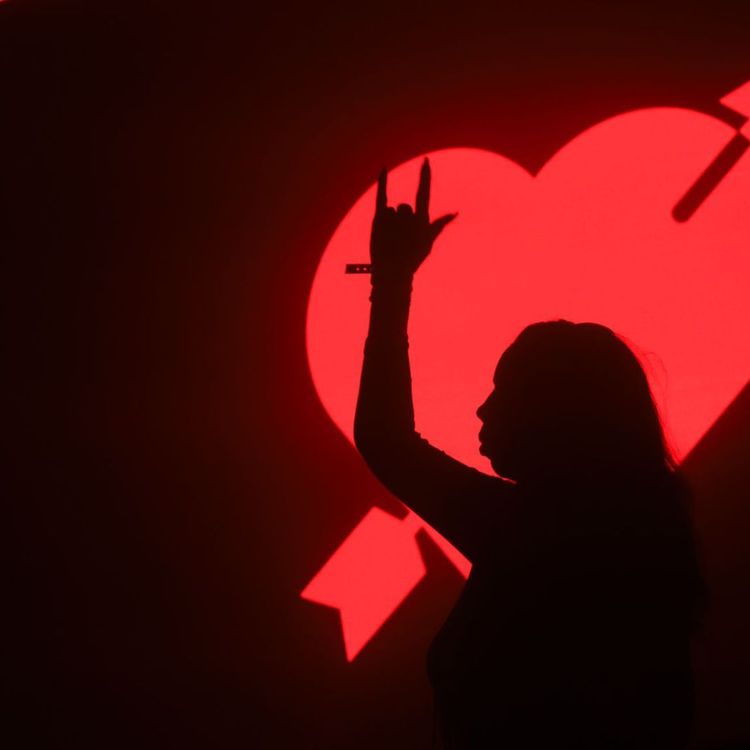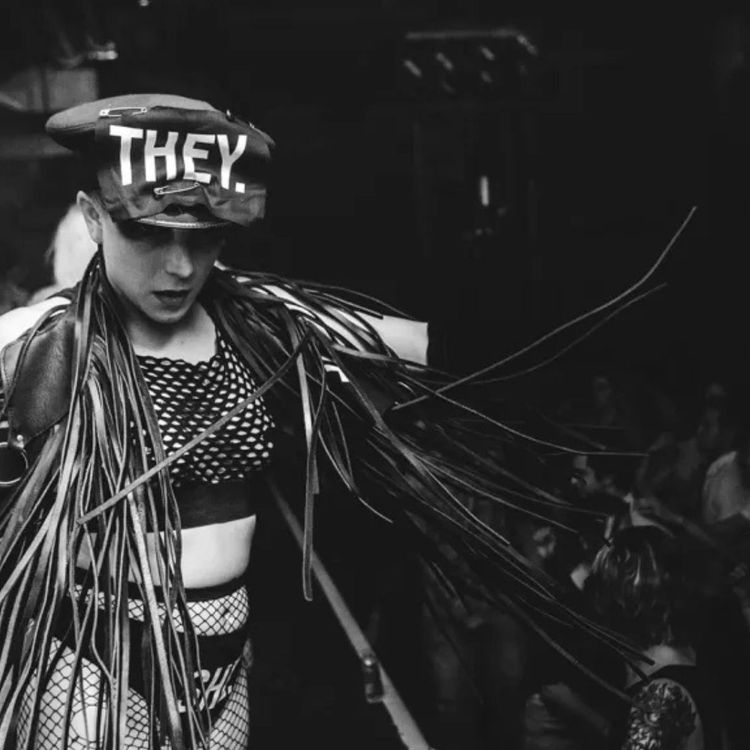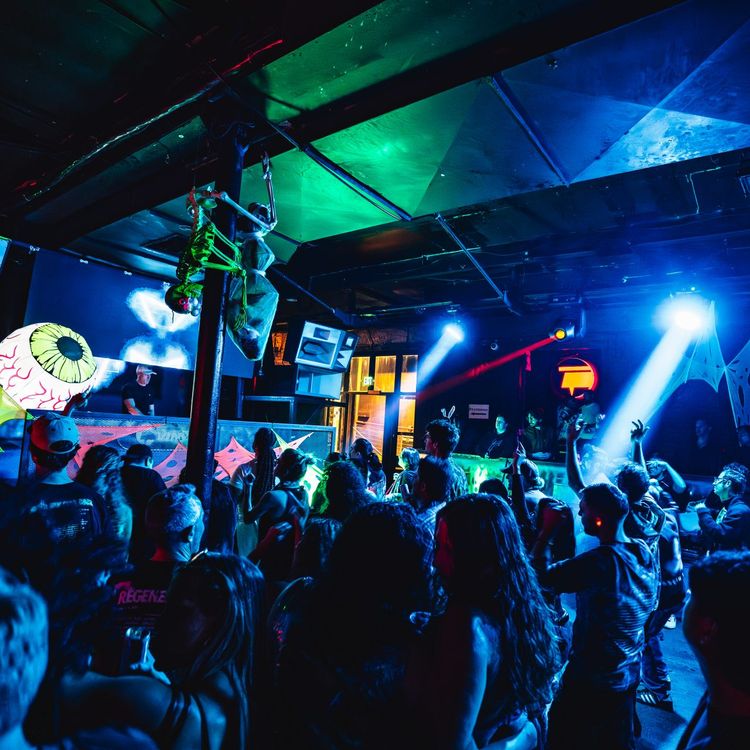Industry Spotlight: Aundy Crenshaw
Any fan of Dirtybird only knows Dirtybird as a family. From core artists like Ardalan, VNSSA, and Walker & Royce, who are more than happy to play at numerous events throughout the year, to the dancers, who bring their unique energy to every Dirtybird event, this spirit begins within because Dirtybird, by all intentions, is a family business.
On the one hand, Claude VonStroke, real name Barclay Crenshaw, defines the brand’s musical vision. On the other hand, his wife, Aundy Crenshaw, holds everything together and ensures everything is executed to the Dirtybird standard.
Dirtybird wouldn’t exist without Aundy. She supported Barclay when he first quit his job to run the label full-time. Until Dirtybird’s recent acquisition by San Francisco distributor and label Empire, she served as Chief Marketing Officer and Chief Operations Officer for all the companies under the Dirtybird umbrella, handling music, events, clothing, streaming, and even promoting tours for other artists.
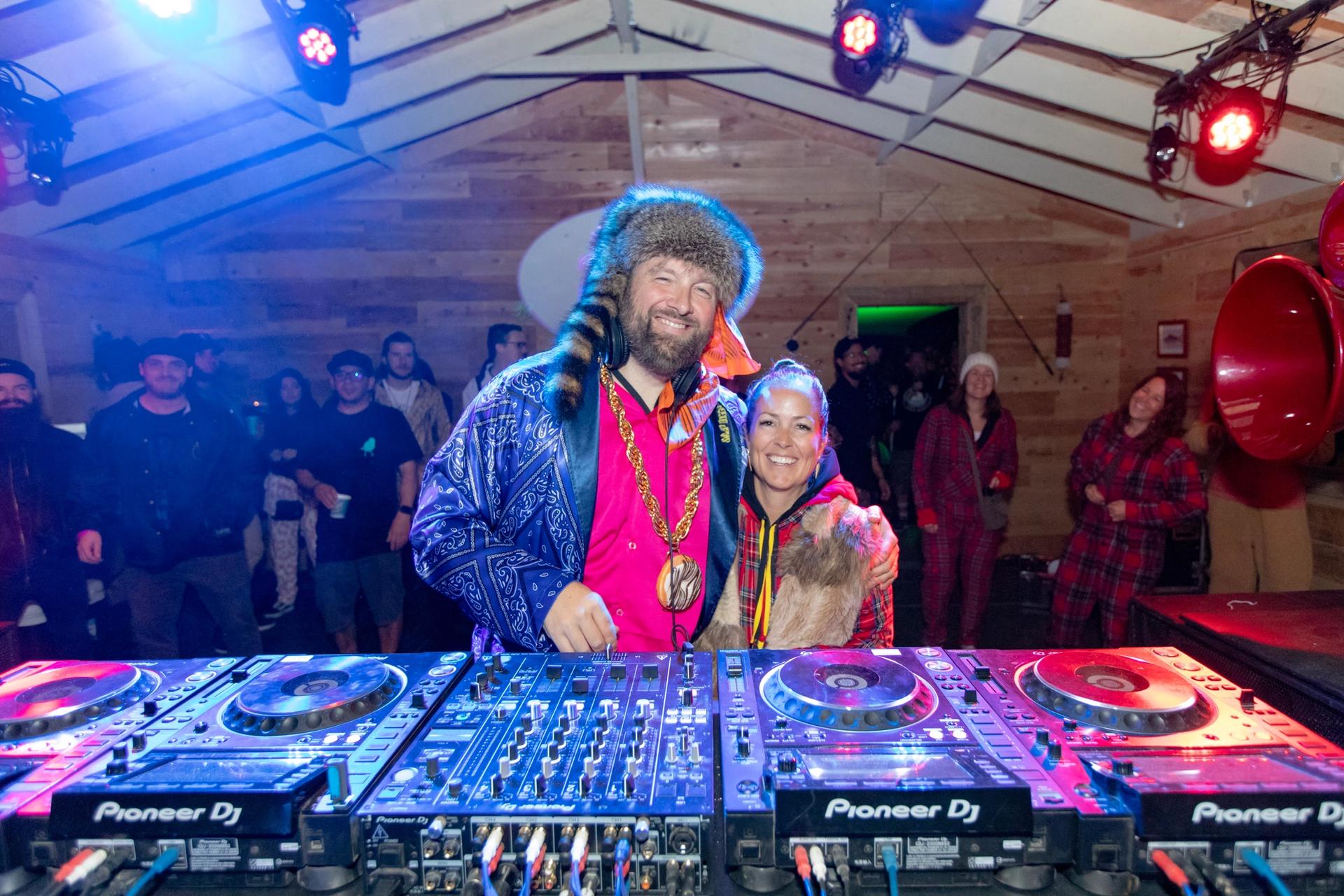
Aundy developed the skillset to handle the monumental workload after working in advertising and marketing for many years, but marketing music is something she especially loves.
“There’s only so many things that people really want in their life and music is definitely one of them,” Aundy says.
Throughout her years in advertising, she worked at various firms, including major agencies like Fallon McElligott (now Fallon Worldwide) and Oglivy. At these companies, she worked with budgets as high as $250 million and contributed to campaigns for everything from restaurants to paper towels to Kodak.
Unfortunately, Dirtybird doesn’t have $250 million to throw around, but in working with various budgets on different types of clients, Aundy realized something about marketing as a vocation:
“It’s amazing how similar everything really is. When you think about all the different categories, what you really want them to do is take some action. It just takes a while for them to do that. So, how do you connect with them on a deeper level? In everything that I do and try and do it’s really about hitting on emotions,” Aundy says.
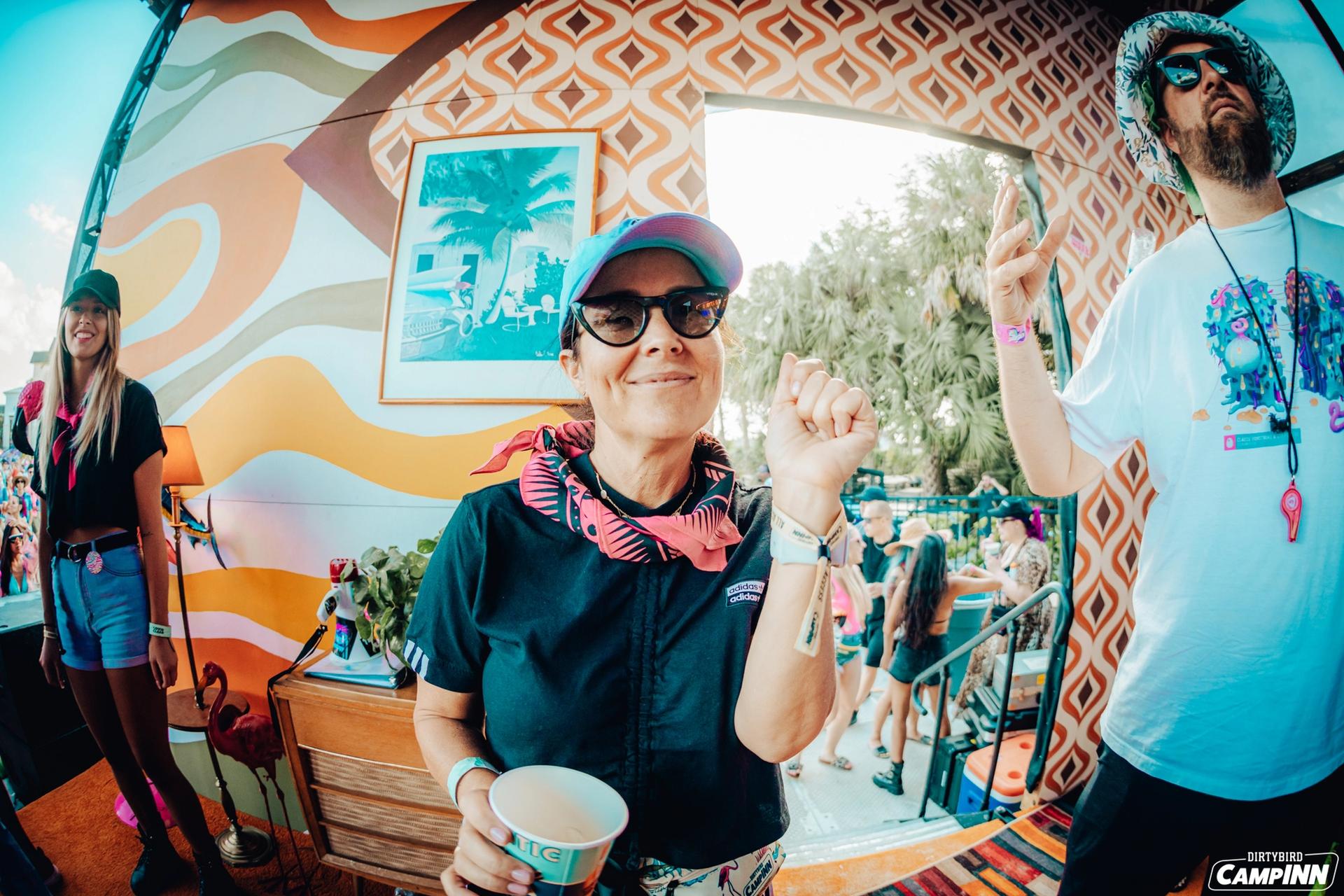
At the end of the day, every industry, including music, is held up by the business of marketing (hence corporations shell out hundreds of millions of dollars on ads), and at its core, marketing comes down to one idea: making a choice. Buying a festival ticket. Joining an artist’s Discord. Renting a car. Signing up for a gym. These are choices human beings make that allow businesses to be solvent (and yes, artists are businesses in their own way).
It’s on the marketing department to convince people to make that choice, and in her years of experience, Aundy says those methods of convincing come down to two categories: rational and emotional.
“For me, it’s always been, ‘How do I dig into the emotional side?’ Because the rational side is here today and gone tomorrow. A bigger percentage off or whatever. That’s rational advertising, but the emotional side for me is really core to what I love about it,” she explains. “People want music in their life. And so it’s a little bit easier to communicate that. You’re giving them something that they already want. That’s a pleasurable thing to them. You’re not asking them to go open a new bank account, which is not really that pleasurable, right? It’s actually way easier to do marketing for something that people really love.”
Given its emotional appeal, marketing music seems more straightforward from a certain perspective. Still, that doesn’t mean marketing an independent brand like Dirtybird is an easy task.
Aundy initially supported Barclay when he started Dirtybird, giving him one year to prove he could make $50,000 from running the label. If not, he would have to get a “real” job.

“I had no idea, if he was good, no clue,” Aundy says. “But I wanted to support him and I wanted to make sure that he could live out his dream.”
And as the world now knows, Barclay is living his dream, touring the world as Claude VonStroke and building the Dirtybird flock into what it is today. From its inception, Dirtybird played a role in uplifting other creatives. Artists like Justin Martin and Shiba San got their start with Dirtybird.
He proved to Aundy that he could earn a living from music and benefit the dance community. However, there was still a long way to go.
“I didn’t really wanna work for him, to be honest,” Aundy says. “I was like ‘OK I will quit my job, but I’m just gonna do clothing.’ So I started for a month and he didn’t have an email, he didn’t have a database. My marketing just went crazy. I couldn’t just sit here on the sideline and watch this happen. It was just so ripe for someone to come in and really kind of take over the business side of things.”
After Aundy helped bring things into focus, the couple carefully curated a balance that boosted Dirtybird to the next level. While both guide the creative direction, Aundy’s work on the back end ensures that Barclay’s expansive vision is possible.
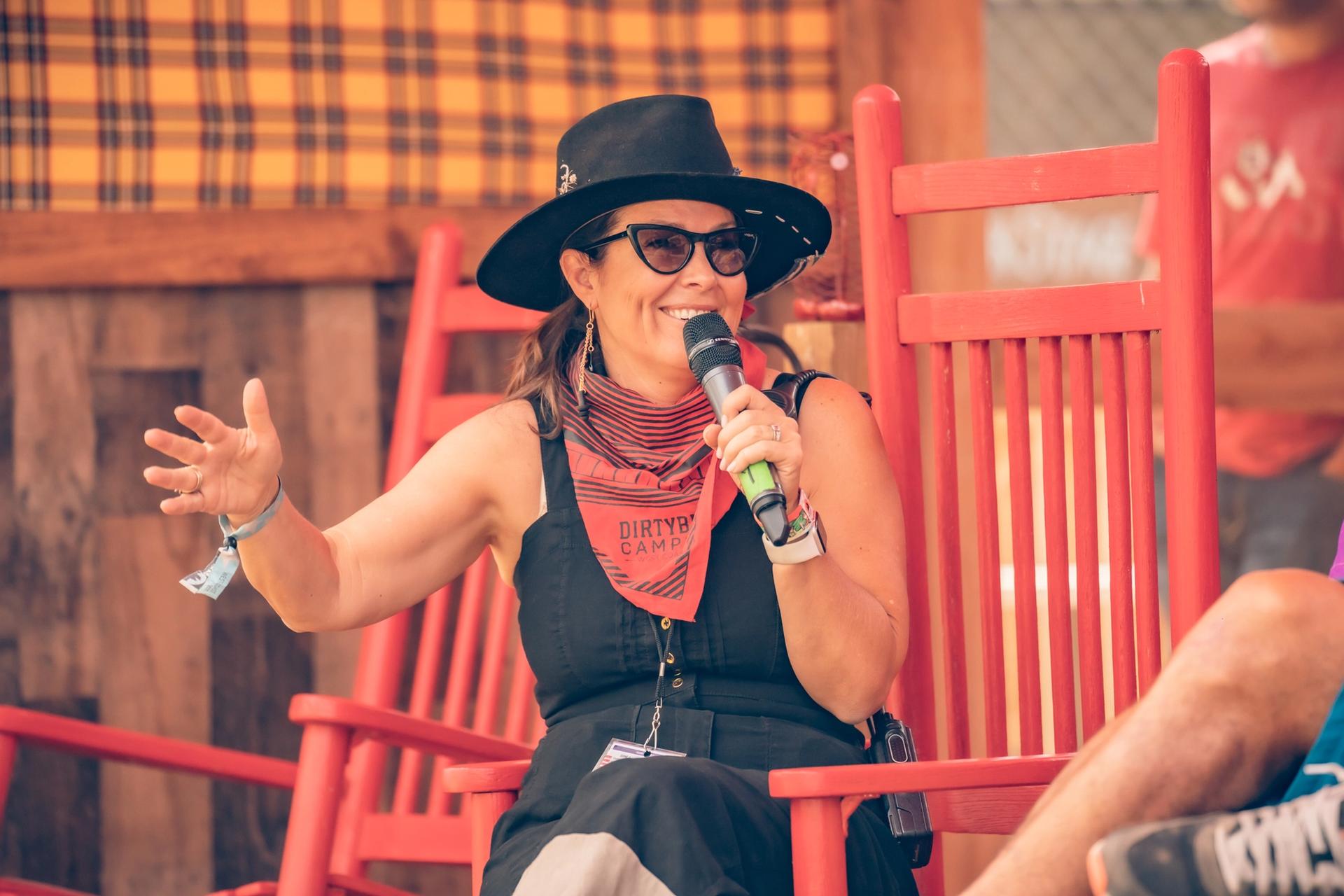
“To be honest, Barclay never cares about numbers at all,” Aundy says. “He’s just like, ‘I just wanna go do this thing and how much can I do it with?’ And it’s really hard because he wants to do all the fun stuff and all the really expensive stuff. He always has these ideas of grandeur and it’s really great because we live up to a lot of them, but honestly it was tough being the budget person. The business person that said no.”
For as much as Aundy has said “no” over the years, the things she’s said yes to, like Dirtybird Campout, national Dirtybird BBQ tours, and mentorship programs for BIPOC artists, have left an indelible impact on dance music around the world. They recently executed another successful edition of the resort event, Dirtybird CampINN, selling out all the rooms on site, and even in the face of the most challenging times for the live music industry, they still come through.
Within weeks of the pandemic setting in, Dirtybird organized regular streaming programming on Twitch. Forty hours of weekly content, including DJ sets, cooking shows, yoga classes, and more.
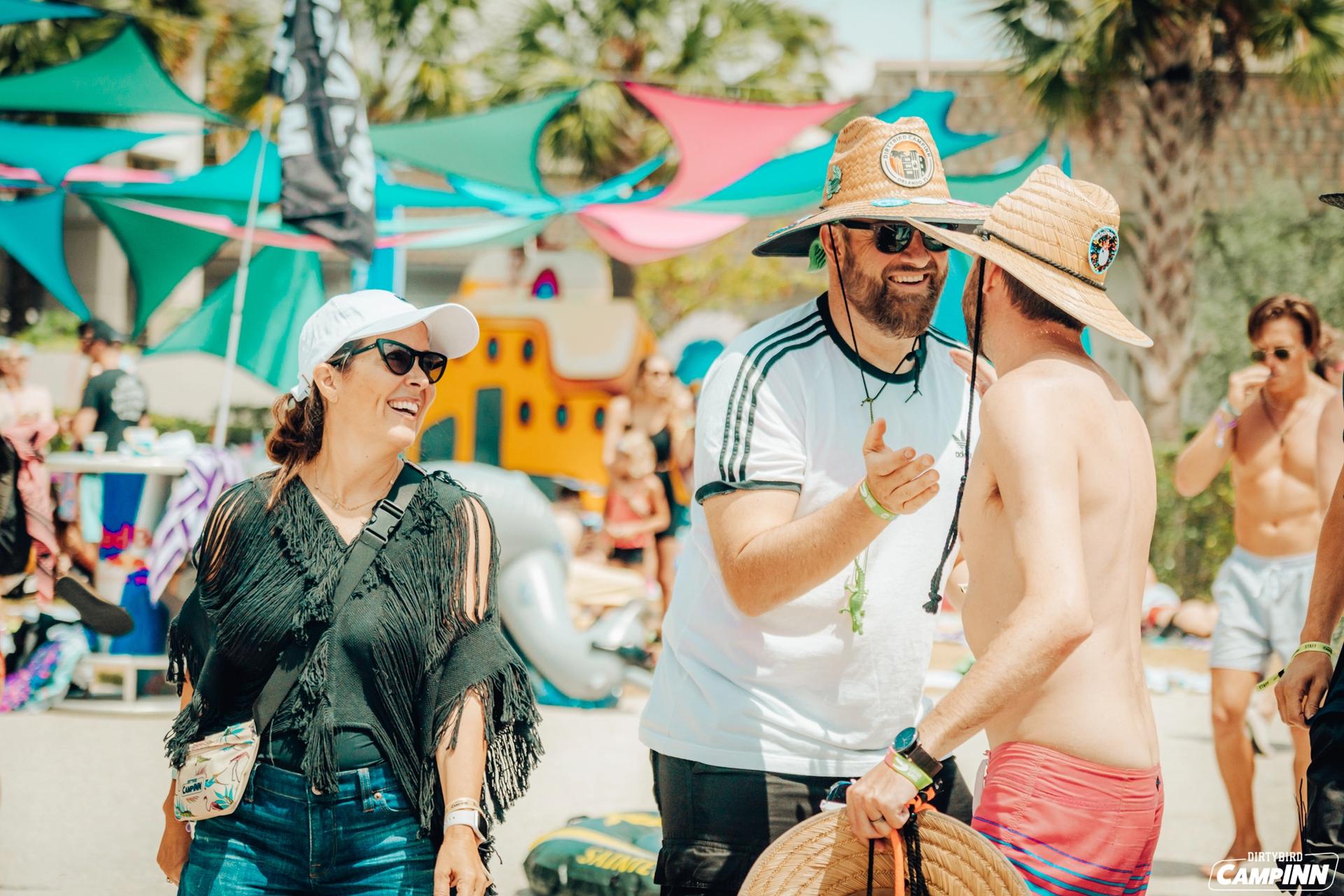
“As you can see, I’m very not very optimistic about money. Because I’ve been through it, right? So many times. But to be honest, you have to go for it,” Aundy says. “I think it’s just something that we do. It’s just in our DNA to keep it together.”
From free parties in the park to stage takeovers at dance music’s largest festivals, there’s a reason that no matter how far the global Dirtybird flock’s wings stretch, it always feels like a close-knit family. Aundy valiantly holds the Dirtybird family together. And its strength emanates from its source.
